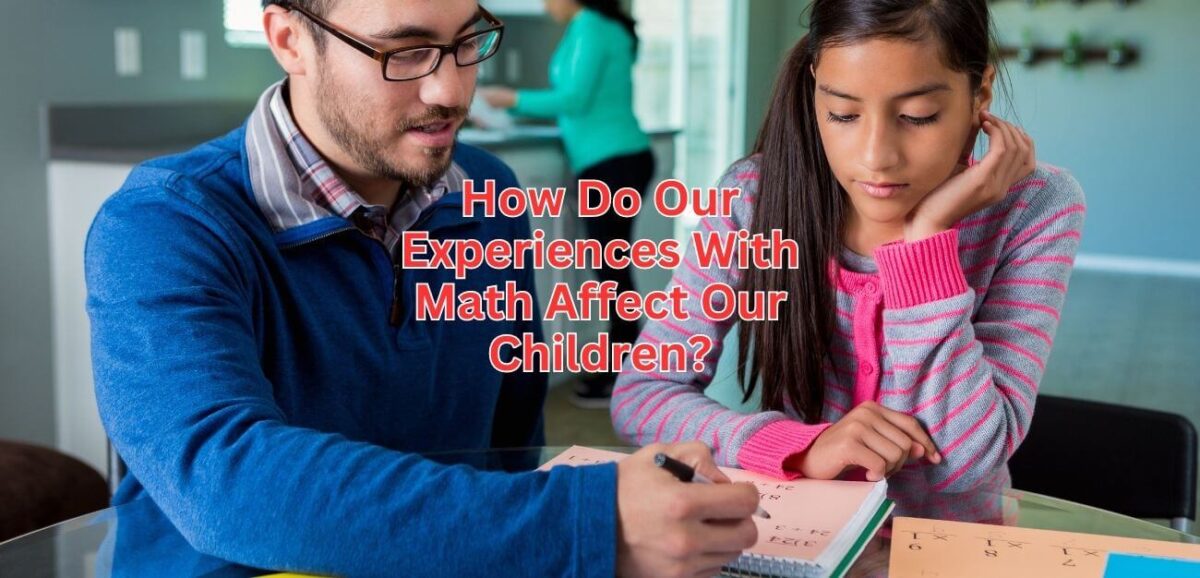Are you a parent who is concerned about your child’s level of homework stress? It can be difficult for kids to stay motivated when it comes to completing school work, and this can lead to avoidance tactics that create additional stress. Fortunately, there are some simple steps parents can take to help their children manage the anxiety that comes with staying on top of their academic obligations. This blog post will explore tips for reducing homework stress and creating a positive learning environment.
By being proactive in helping your child understand the importance of doing their homework and providing them with necessary guidance, you can give them an advantage as they tackle projects in class, at home and in their math tutoring sessions.
Your Child’s Workload
As a parent, it is important to be aware of your child’s academic workload to better understand their struggles and frustrations with homework. Familiarizing yourself with the syllabus and testing requirements can give you insight into what your child is expected to learn and the pace at which they are expected to learn it. This information can help you support your child in a more effective and targeted way.
Additionally, a better understanding of your child’s workload can help you communicate with their teachers and identify areas where your child may need additional support. By gathering this information, you are setting yourself and your child up for success in the long run.
Setting Up A Workspace
Another important step is setting up a comfortable workspace for your child where they can focus on their studies without disruptions or distractions. Consider furnishing this area with notebooks, pens, highlighters and whatever else your child may need for studying.
It is also wise for parents to limit computer or mobile phone use when children need to focus on homework to minimize digital distractions.
Creating a dedicated workspace for your child can be incredibly helpful in increasing their concentration and reducing frustration. Providing them with a space designated solely for their work gives them a sense of ownership and control over their educational experience.
It is also essential to involve your child in the set-up process, allowing them to add personal touches and truly make the space their own. This not only helps them feel even more invested in their learning, but it also promotes creativity and individuality. So, whether it’s a small corner of their bedroom or a separate room entirely, a dedicated workspace can do wonders for your child’s productivity and overall satisfaction with their schoolwork.
Breaking Down Tasks
If your child is frustrated with their homework, it may help them break it down into smaller chunks. For example, if there’s an assignment due in two weeks, then break down the project into smaller goals, like outlining today, researching tomorrow and so on, until it’s ready to be submitted at the end of the two-week period.
Breaking projects down into more manageable steps will help keep your children motivated and on track with their studies since they won’t have to feel overwhelmed by one massive task looming over them all day.
Encourage Healthy Habits
Encouraging healthy habits such as light exercise or meditation before doing their work can also encourage positive physical and mental states, which aid concentration while working on complex assignments or topics that don’t come easily.
Allowing breaks throughout these sessions helps clear away any built-up tension and refreshes the mind. Adding slight changes in playground activity or going outside for fresh air are both excellent options here.
Acknowledge Small Steps
Acknowledging small successes is crucial regardless of whether completing a chapter faster than anticipated or having all questions answered correctly during tests. Praising kids along the way shows that parents believed in them even when things got tough, encouraging further motivation towards future challenges, no matter how big or small they may seem initially!
Offer Math Tutoring
Mathematics has long been recognized as one of the more challenging subjects that students can encounter, with its many numbers and calculations causing a lot of frustration and anxiety. The situation worsens when students are left to their own devices to solve complex math problems.
Fortunately, math tutoring is an excellent way to help bridge that gap between students and math. By helping break down complex math operations and concepts, a tutor can build students’ confidence and skill levels, ensuring they’re better equipped to tackle math challenges independently. Ultimately, this can lead to increased understanding and a better appreciation for math as a whole.
Offering Helpful Guidance
It’s quite normal for kids to run into difficulty trying out certain concepts during their studies. However, with these simple tips, parents can provide helpful guidance. Additionally, regular check-ins with teachers could be beneficial by finding out about overall grades or specific areas requiring extra focus from home.
Helping children manage heavy workloads isn’t easy, but there are several strategies parents can implement in order to lessen stress levels associated with schoolwork while also keeping kids motivated all year round!
How Dropkick Math Academy Can Help
Math can be a challenging subject for many students, but with Dropkick Math Academy, your child can receive the extra support they need to succeed. Our specialized programs are designed to approach math tutoring in a unique and effective way. We believe in creating a fun and engaging learning environment where your child can build their confidence in math and improve their skills.
At Dropkick Math Academy, we understand that each child learns differently, which is why we use varied approaches in our math help services to meet the individual learning needs of each student. So if your child is struggling with math, let us help them unlock their full potential and excel in the subject!
Click to learn more about our programs and get your child’s FREE assessment today!











